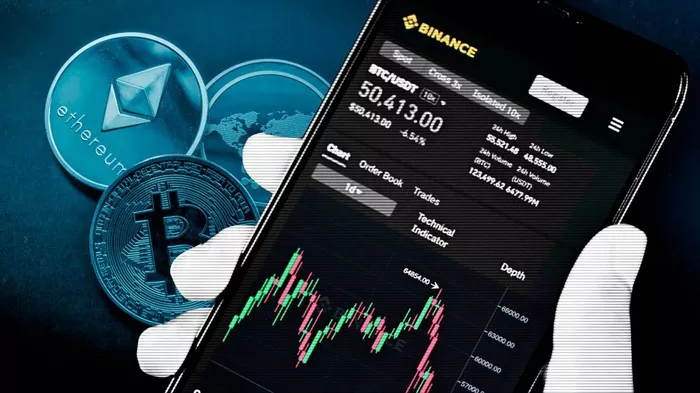In the realm of financial markets, futures contracts provide traders with opportunities to speculate on price movements, hedge risk, and diversify their portfolios. While futures contracts typically have a predetermined expiration date, it is indeed possible to sell them before reaching maturity. This flexibility is one of the main advantages of trading futures, allowing traders to react to changing market conditions and manage their positions effectively. In this article, we explore the mechanics of selling futures before expiry, risks and considerations associated with early termination, types of expiry dates, and strategies for managing positions.
Flexibility of Selling Before Expiry
One of the key advantages of trading futures is the flexibility to sell contracts before their expiration date. Unlike certain financial instruments that require holding until maturity, futures contracts allow traders to exit their positions early if desired. This flexibility enables traders to capitalize on favorable market movements, cut losses in adverse scenarios, or adjust their positions in response to changing market conditions.
Mechanics of Selling Before Expiry
Selling a futures contract before its expiry involves a straightforward process. Traders can initiate a sell order through their brokerage platform, specifying the quantity and contract they wish to sell. The order is then executed on the exchange, with the trader effectively closing out their position in the futures contract. This allows traders to realize any profits or losses based on the difference between the contract’s selling price and their initial purchase price.
Traders may choose to sell futures contracts before expiry for various reasons. For example, if the market moves in their favor, they may choose to lock in profits by selling their contracts at a higher price. Conversely, if the market moves against them, they may opt to sell their contracts to limit potential losses and preserve capital.
See Also: How to trade Nifty futures?
Risks and Considerations
While selling futures before expiry offers flexibility, it also comes with potential risks and considerations. One of the primary concerns is liquidity, as the availability of buyers and sellers in the market may vary depending on the contract and trading conditions. Illiquid markets can result in wider bid-ask spreads and increased transaction costs for traders.
Additionally, selling futures before expiry exposes traders to price fluctuations and market volatility. Prices may fluctuate unpredictably, especially in fast-moving markets, leading to potential losses if the market moves against the trader’s position. It’s crucial for traders to carefully assess market conditions and understand the implications of early contract termination before executing sell orders.
Types of Expiry Dates
Futures contracts can have different types of expiry dates, depending on whether they involve physical delivery or cash settlement.
Physical Delivery Contracts: In physical delivery futures contracts, traders are obligated to either deliver or take delivery of the underlying asset upon contract expiration. For example, in agricultural futures contracts, such as corn or wheat, the seller must deliver the specified quantity of the physical commodity to the buyer upon contract maturity.
Cash Settlement Contracts: Cash settlement futures contracts, on the other hand, are settled in cash based on the difference between the contract’s price at expiration and the agreed-upon price at the time of contract initiation. These contracts do not involve physical delivery of the underlying asset. Instead, traders receive or pay cash based on the contract’s settlement price.
Strategies for Managing Positions
Traders have several strategies for managing their positions in futures contracts, including rolling over contracts and tracking expiry dates.
Rolling Over Contracts: Traders can roll over their positions by closing out expiring contracts and simultaneously opening new positions in contracts with later expiry dates. This allows traders to extend their exposure to the underlying asset beyond the current expiry date, providing continuity in their trading strategies.
Tracking Expiry Dates: It’s essential for traders to track expiry dates carefully to avoid unforeseen consequences associated with contract maturity. Failing to close out or roll over positions before expiry can result in physical delivery obligations or cash settlement, depending on the contract specifications.
Conclusion
In conclusion, selling futures contracts before expiry offers traders flexibility and opportunities to manage their positions effectively in response to changing market conditions. However, traders must be mindful of the risks and considerations associated with early contract termination, including liquidity issues, price fluctuations, and contract specifications. By understanding the mechanics of selling futures before expiry, traders can make informed decisions and implement strategies to optimize their trading outcomes in the dynamic world of financial markets.


